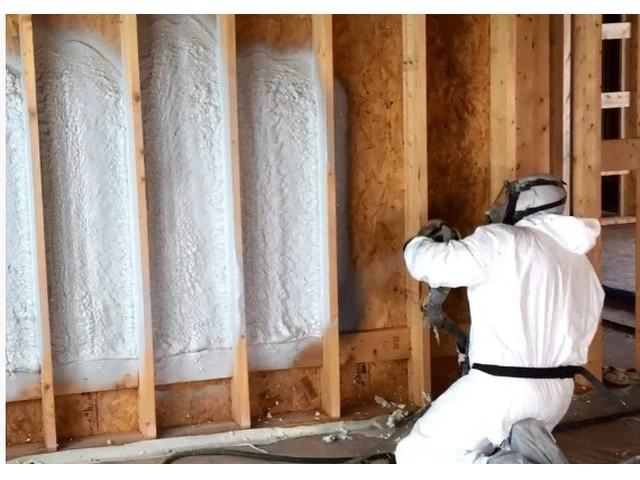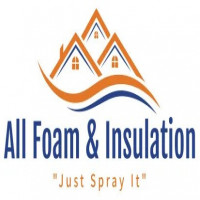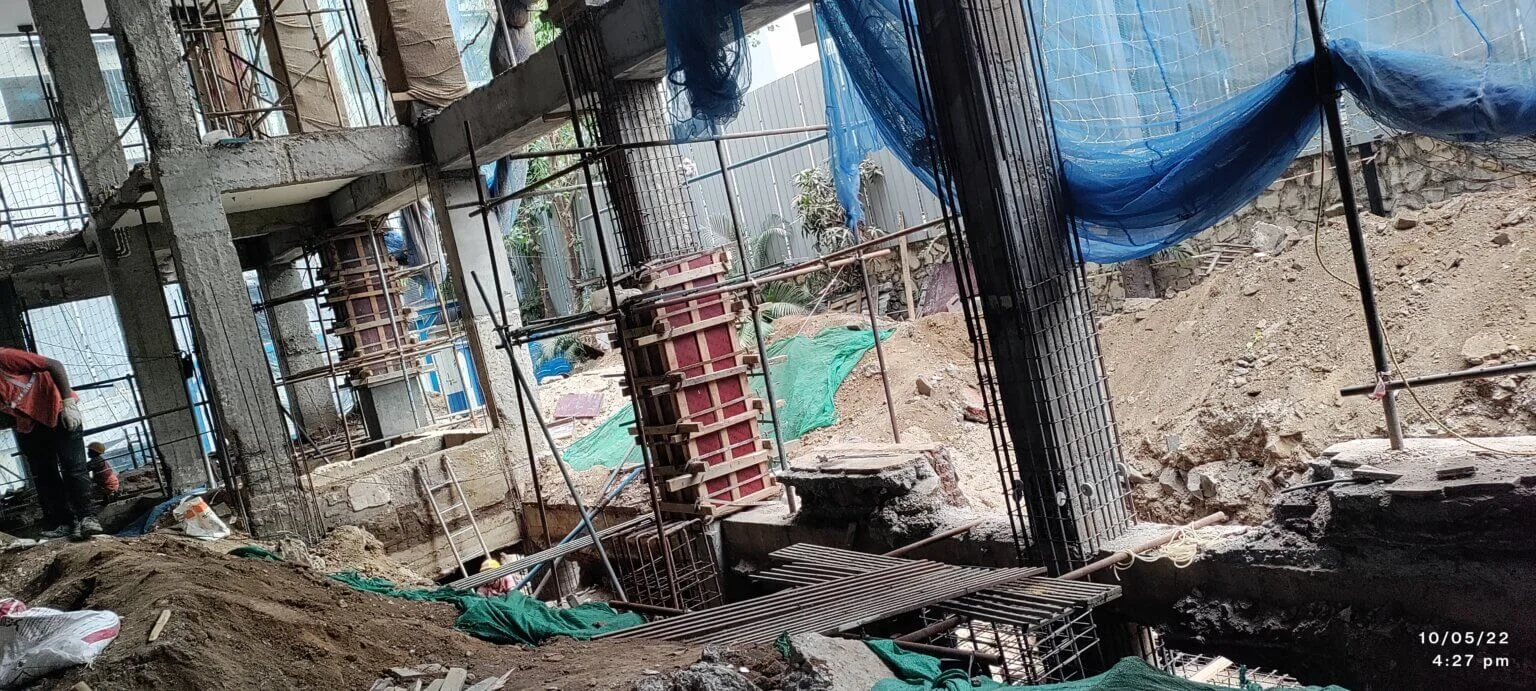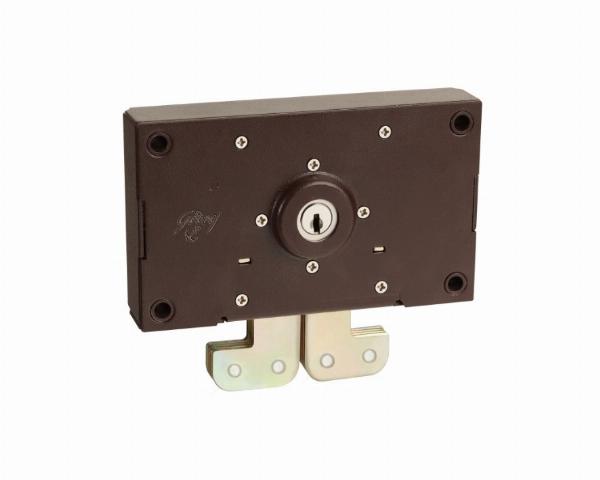Can a Spray Foam Company in Medford, OR Meet Passive Standards?

Spray foam insulation is often praised for its superior air sealing and thermal performance. But can a spray foam company in Medford, OR meet Passive House standards—some of the most rigorous energy efficiency criteria in the construction industry? The answer is yes, but it requires more than just good materials. Meeting Passive House benchmarks demands strict attention to detail, third-party verification, and the right team of professionals who understand how to integrate spray foam into a broader energy-conscious building design.
This article outlines the key strategies, technical requirements, and credentialing details that determine whether a spray foam insulation company in Medford can help meet Passive House certification goals. You'll also learn about real-world practices, expert-level coordination, and considerations specific to Oregon's climate that can help guide your decision.
Passive House Standards and Spray Foam Application
To meet Passive House Institute US (PHIUS) or Passive House Institute (PHI) standards, buildings must achieve specific performance metrics in five core categories:
- Space Heating Demand (≤ 4.75 kBtu/ft² per year)
- Primary Energy Demand (≤ 38 kBtu/ft² per year)
- Air Infiltration Rate (≤ 0.6 ACH at 50 Pascals)
- Thermal Bridge Free Construction
- Continuous Insulation and Airtightness
Spray foam systems—especially closed-cell applications—excel in achieving airtightness and high R-values in compact wall assemblies. When applied with precision, these systems support Passive-level energy retention and performance durability.
Technical Requirements for Passive-Ready Spray Foam Systems
Spray foam can serve as both insulation and an air barrier, eliminating layers in the building envelope. This efficiency is vital in Passive projects, where overlapping materials can create thermal weak points if improperly designed.
The Role of Certified Professionals
A spray foam company in Medford looking to support Passive House goals must go beyond standard insulation practice. The team must include:
- SPFA PCP-certified applicators trained in airtight spray techniques
- Passive House consultants or verifiers (PHIUS/PHI) to approve design details
- BPI Building Analysts to verify post-installation performance
- Energy modelers to simulate building loads and insulation outcomes
Working with specialists who understand how spray foam interacts with other enclosure components (e.g., vapor control membranes, high-performance windows, sub-slab insulation) is essential. Proper integration ensures the whole system performs as intended under Passive protocols.
Bonus Tip:
Request blower door testing from your spray foam team to confirm compliance with the 0.6 ACH50 requirement before moving to drywall. Verification testing can uncover hidden leakage paths early.
Comparison Table: Standard vs Passive-Ready Spray Foam Applications
Passive House Considerations Specific to Medford, OR
Medford, located in climate zone 5B, poses distinct challenges and opportunities for Passive-certified construction:
- Cold Winters, Mild Summers – Spray foam's tight thermal control helps in managing seasonal fluctuations.
- Wildfire-Prone Region – Closed-cell foam with ignition barriers enhances fire resistance.
- Humidity Control – Foam acts as both vapor and air control layer, limiting indoor moisture buildup.
Spray foam, when used in combination with heat recovery ventilation systems (HRVs), supports stable indoor humidity and temperature control.
Things to Consider Before Making a Decision
- Climate Zone Relevance – Medford is in Climate Zone 5B, which has specific vapor control and insulation depth requirements.
- Design Phase Involvement – Choose spray foam teams willing to collaborate with architects or PHIUS consultants during early design.
- Foam Formulation – Ensure that the spray foam product used has a low Global Warming Potential (GWP) blowing agent—often required by Passive programs.
- Insulation Layer Coordination – Your team should understand how spray foam layers interact with batt, board, or exterior mineral wool systems.
- Certification Transparency – Ask to see certifications such as SPFA, BPI, or Passive House-specific training documents.
- Installation Records – Review photos and test results from past Passive-aligned or airtightness-critical installations.
Common Questions About Passive House and Spray Foam
Do Passive House standards ban spray foam? No. While some Passive designers prefer alternative insulation, closed-cell spray foam is acceptable if it meets air sealing and vapor control metrics.
What’s the biggest challenge with using spray foam for Passive House goals? Achieving verified air sealing and integrating the foam layer without thermal bridges is the top challenge.
Can spray foam be used in floors and roofs in Passive builds? Yes. Many certified Passive House projects use closed-cell foam in floor slabs, roof decks, and rim joists.
Is open-cell spray foam viable in Passive House projects? Rarely. Its lower R-value per inch and vapor permeability make it unsuitable unless used in very specific assemblies.
Does certification improve insulation outcomes in Passive construction? Yes. Certified applicators are trained to execute the precision and sequencing Passive builds require.
Frequently Asked Questions (FAQs)
1. Can a local spray foam company really meet Passive House standards in Medford? Yes—if they use the correct materials, employ certified applicators, and coordinate with Passive-certified consultants or designers.
2. How do I verify if a company understands Passive House standards? Ask if they’ve worked on PHIUS or PHI projects, or if they’ve completed Passive-aligned training or partnered with Passive consultants.
3. Is there a specific type of spray foam best for Passive House projects? Closed-cell spray foam with low GWP blowing agents and a Class II vapor retarder rating is typically preferred.
4. Does Passive House compliance require third-party testing? Yes. Air sealing is confirmed through blower door testing and thermal scanning, often performed by an independent verifier.
5. Can a Passive House retrofit in Medford use spray foam to meet performance targets? Yes. Spray foam is often used in retrofits because it air-seals and insulates in one step, especially in irregular or tight spaces.
Ready to Achieve Passive-Level Performance?
Apply these insights now: Schedule your Passive-aligned spray foam consultation with All Foam & Insulation, LLC. Their experienced spray foam teams bring certified airtightness solutions and deep insulation knowledge to Medford-based projects.
Contact: All Foam & Insulation, LLC 📞 (541) 826-9600 📧 [email protected]
Reviewer:
Lily Johnson offered her feedback after reviewing this post. With 8 years in the spray foam insulation field, her suggestions centered around improving outreach to homeowners looking for quality insulation solutions.
Note: IndiBlogHub features both user-submitted and editorial content. We do not verify third-party contributions. Read our Disclaimer and Privacy Policyfor details.







